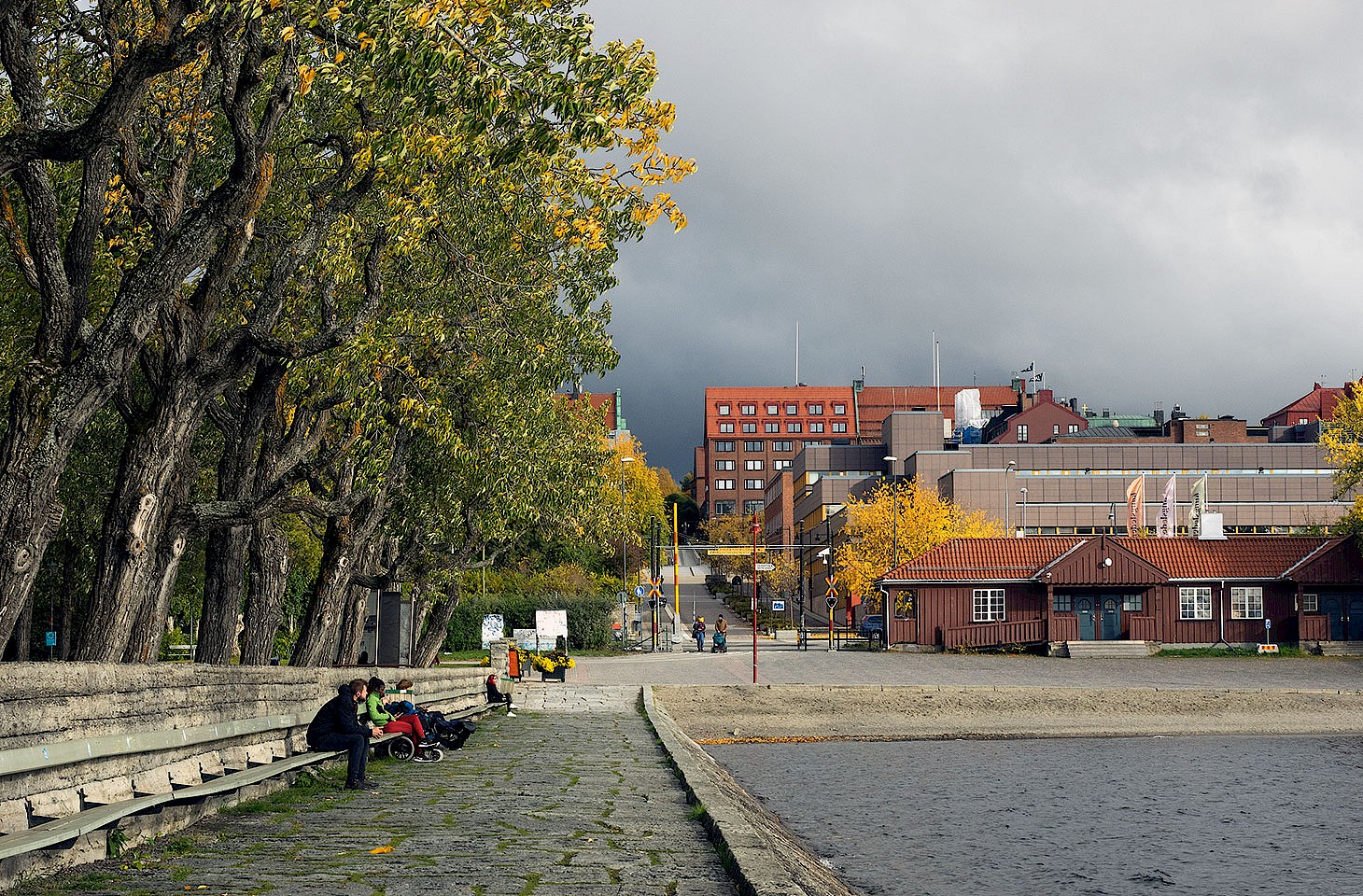If you spend any time at all in the Scottish borders, it’ll not be long before you stumble on a Pringle. From the banks of Gala Water, as you move south and east towards the Cheviots, there are Pringles aplenty. It is a clan of farmers and knitwear producers, although the eponymous potato crisp has, as far as we know, nothing to do with the Pringles of Scotland.
During our travels in South Africa, we have run across Pringles there too. And there is one particular Pringle who gets a lot of credit in literary circles — and in these days of post-colonial criticism also now a lot of flak. That’s Thomas Pringle, who is often credited by white, middlesnippet Sketches in Teviotdale class South Africans as “the father of South African poetry.”
It was 200 years ago that Pringle’s first collection of poetry was published.


